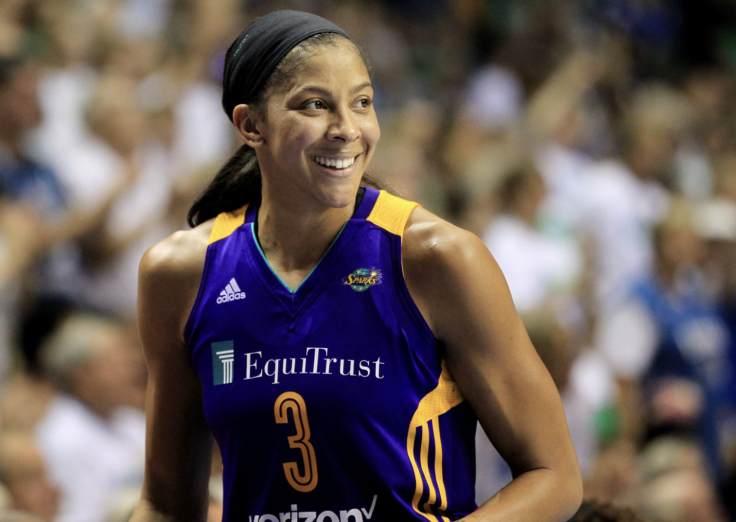Caitlin Clark vs. Angel Reese Hype: Candace Parker Calls Out Media, 'This Rivalry Is Meaningless'
WNBA legend Candace Parker criticises media hype around Caitlin Clark and Angel Reese

WNBA icon Candace Parker is challenging the biggest media narrative of the season: the supposed rivalry between Caitlin Clark and Angel Reese. In a blunt critique, Parker says the comparison is 'meaningless' and distracts from each player's real strengths.
This article explores Parker's statements, unpacks the statistics behind each player's performance, and explains why treating them as rivals is not only inaccurate, but unhelpful.
Why Comparing Clark and Reese Misses the Point
In an explosive interview on the Spolitics podcast, Parker made her position clear:
'It's apples and oranges ... I'm not falling into that comparison.'
According to a report from the Times of India, Parker criticised the media for manufacturing a rivalry that doesn't reflect the players' roles or performances. Instead of encouraging growth, the narrative reduces complex careers to a headline.
Different Positions, Different Strengths
Caitlin Clark averages approximately 19.0 points, 9.3 assists, and 6.0 rebounds per game (WNBA data, June 2025).
Angel Reese, a power forward for the Chicago Sky, brings physical dominance and rebounding prowess. She's posting 12.3 rebounds per game, but just 9.1 points, highlighting a need for offensive development.
'We already know she's gonna be a great rebounder', Parker told The Quick Report. 'But it's really mastering her spots ... What is Angel Reese's go-to'?
The numbers tell a simple truth: these players contribute in completely different ways. Comparing them is not just unhelpful, it's factually inaccurate.
Clark's Growth Shows Her Value Beyond Scoring
While Clark's deep shooting garners attention, Parker points to her growing leadership on the court:
'She can shoot from the logo, but she makes her team better.'
Data supports this. The Indiana Fever's offensive rating jumps by 8.2 points when Clark is on the floor. She also holds a 2.1 assist-to-turnover ratio, a strong figure for a first-year player managing the team's tempo.
Despite recent challenges, including a quad injury, Clark continues to shape the team's offence and adjust to WNBA-level defence.
Why Reese Needs Time to Build Her Game
In contrast, Reese is still developing her offensive identity. While her rebounding is elite, ranking top five in the league, her shot selection and finishing remain inconsistent.
According to Parker, the next step is mastering one reliable scoring move that complements her physical style. She added:
'From a basketball IQ standpoint, tuning out the noise ... I think she could be a problem'.
That potential is clear when Reese hits 12+ rebounds: the Sky's record is 4–1 in those games, showing her impact on team success.
Fans and Experts Are Tired of Forced Rivalries
On X (formerly Twitter), a widely shared post by @sudharsan_ak10 echoed Parker's sentiment:
'Candace Parker: This rivalry is meaningless ... Let the girls hoop!'
The public mood is shifting. More fans are rejecting the comparison and focusing on how both players are navigating a tough league as rookies under constant pressure.
Let These Athletes Thrive, Not Compete for Clicks
Candace Parker's warning is timely. By framing Clark and Reese as rivals, the media diminishes both their contributions. These are not opposing forces, they're complementary examples of how talent develops in different ways.
Their impact is real:
- Clark boosts team offence and leads play.
- Reese controls the paint and owns the glass.
For now, let the stats and the games do the talking.
© Copyright IBTimes 2025. All rights reserved.





















